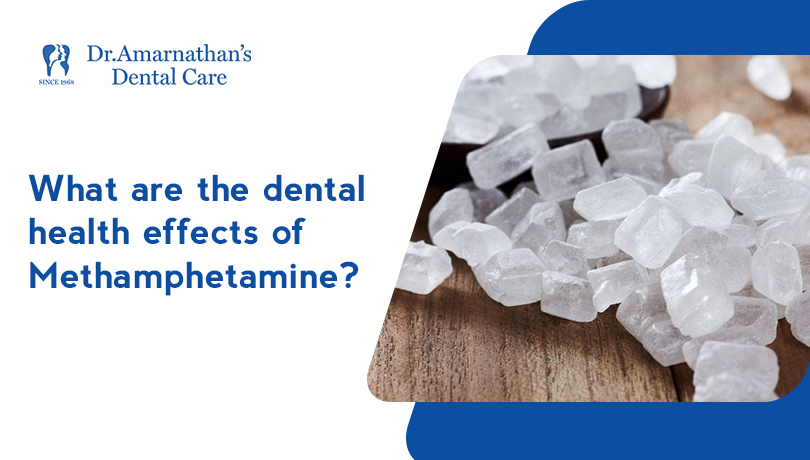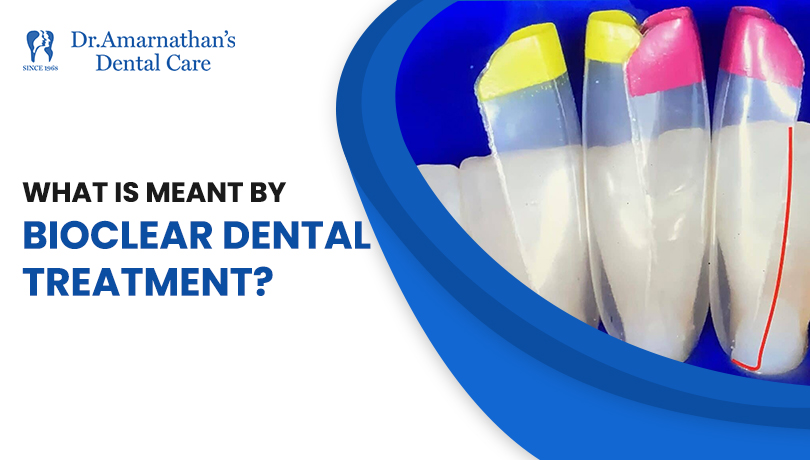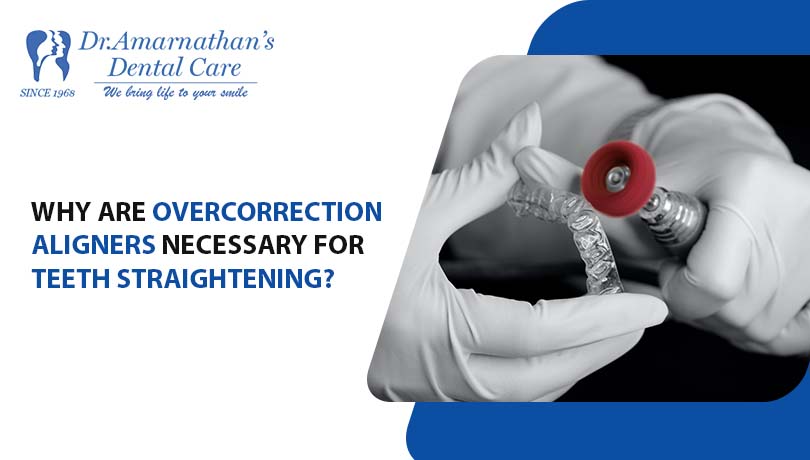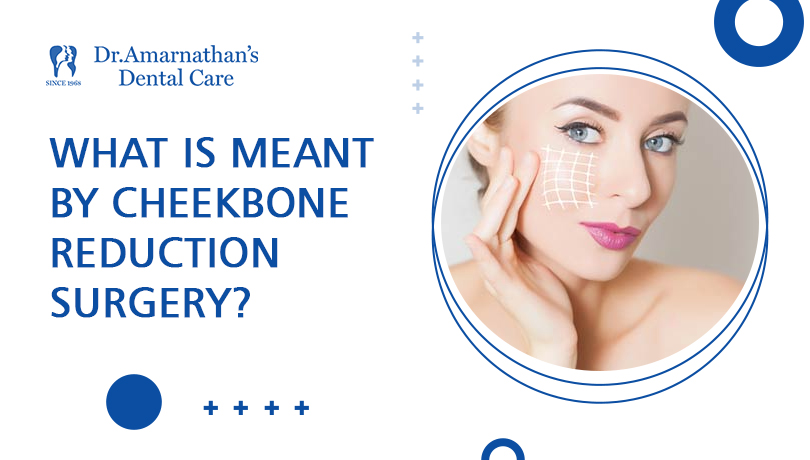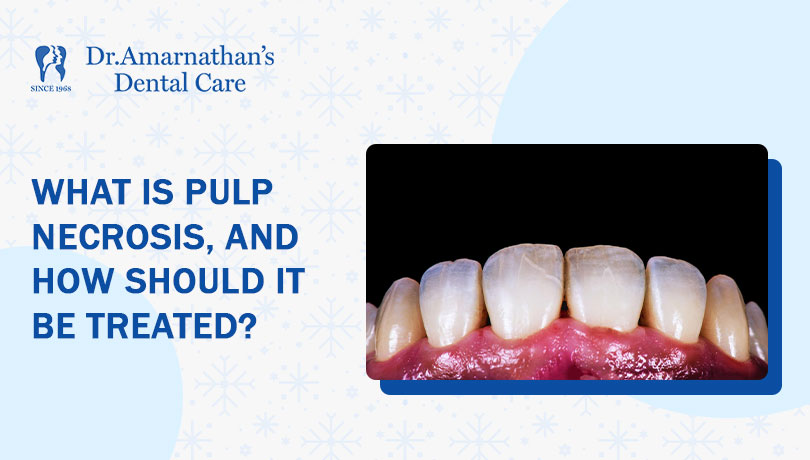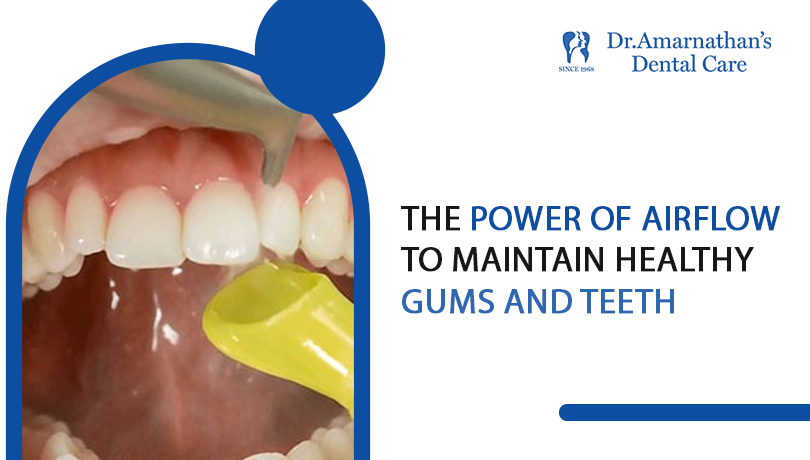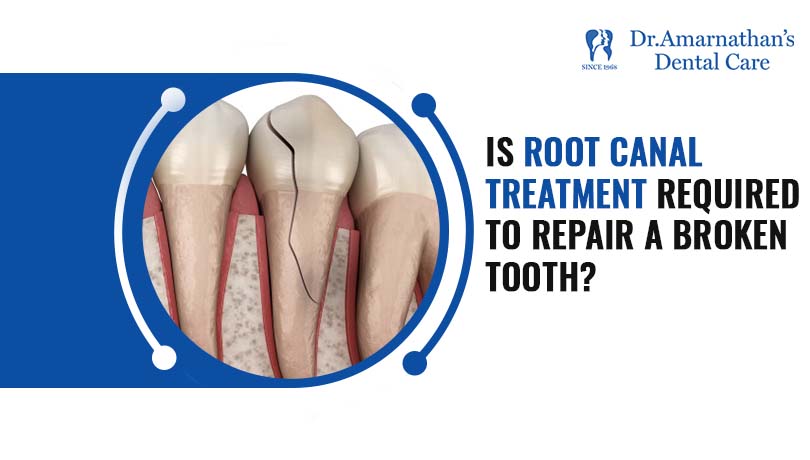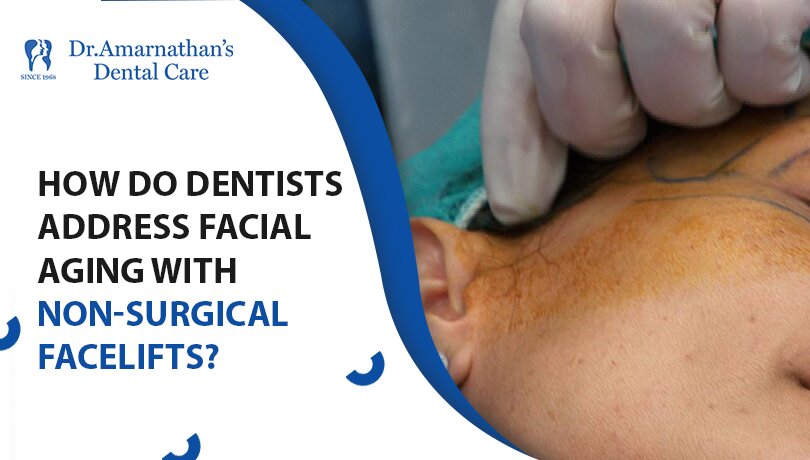Everything you should know before getting Gold Teeth
Gold teeth have been around for so long because they are a reliable and long-lasting solution for damaged teeth. According to a recent article in the Chicago Tribune, about 67 metric tons of gold are used annually to make dental fillings and crowns. But nowadays, its popularity has decreased by nearly 60 percent.
What are gold teeth?
Gold teeth are a kind of dental prosthesis in which a prosthetic appliance made of gold is used to cap or replace the visible portion of a tooth.
It is placed over the broken tooth to strengthen and improve the appearance of the teeth. Usually, porcelain and gold are mainly used to make dental crowns. Fitting a gold crown requires less tooth removal. It can also be made with combinations of other metals.
Teeth crowns provide a solution at circumstances when you have
- Broken tooth
- Severe tooth decay
- Need large fillings
- Loss of tooth structure due to trauma or worn-down teeth
- For covering dental bridges and implants
What are the advantages of gold teeth?
The following are the benefits of gold teeth:
- They are strong, durable, and long-lasting.
- They don’t irritate your gums and teeth.
- They rarely fracture or chip
- They won’t wear down your adjacent teeth.
- They are highly resistant to corrosion.
- They prevent your teeth from further decay.
- It requires a minimal amount of tooth removal because of the strength of the metal.
- It has high compatibility with gum tissues.
- It seals well to prevent leakage.
Disadvantages of gold teeth
The following are some of the most common disadvantages of gold teeth:
- They don’t appear as natural as a porcelain crown.
- They are quite expensive.
- If you have an allergy to metals it can cause allergic reactions.
- Sometimes, it can cause swelling and inflammation around your gum and teeth.
- Low-quality metal crowns can lead to excessive tooth sensitivity.
- Pain or discomfort around your teeth and mouth.
- Provokes lesions in the mouth.
- Redness around the gum area.
Will gold teeth affect health?
According to some research, gold teeth have no negative effects on health. It is the most precious and non-allergic metal. They are more resistant to wear and erosion than porcelain crowns.
The gold itself also has antibacterial effects that can help prevent secondary tooth cavities and increase the longevity of your teeth. It does not corrode or rust as much as other materials like chromium or cobalt alloys.
Gold is still the most durable and biocompatible metal that may be utilized for dental restorations. In comparison to other restoration materials like amalgam, which over time causes a mercury leak in the mouth, gold alloys are far preferable.
How long do gold teeth last?
Pure gold metal crowns can have the potential to last for 20 years or more.
How to maintain gold teeth?
Here are some important tips to maintain gold teeth:
- It is essential to brush your gold teeth twice daily as your natural teeth.
- In addition to brushing your teeth, you need to floss around your gold teeth the same as your natural teeth.
- Use a non-abrasive cleaner to clean your gold teeth daily.
- Avoid eating hard, sticky, and crunchy foods.
- Avoid using harsh chemicals to clean your gold teeth.
- Visit your dentist for regular checkups.
Bottom line
There are many crown options available for capping the teeth. Gold crowns are more effective and durable than porcelain crowns. They are quite expensive though they can help you save money on a replacement in the long run.
If you have any concerns about dental crowns and gold crowns or want to replace your crown, you can contact us right away.



